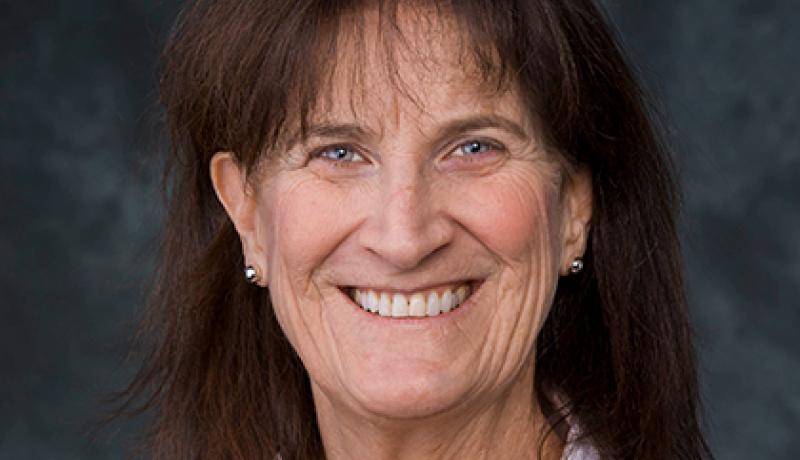Louise Stanton to Lead NJCU Honors Program

Louise Stanton, Associate Professor in the Department of Political Science at New Jersey City University, has been appointed to the post of Director of the NJCU Honors Program.
“I am delighted to have the opportunity to direct the Honors Program in the next phase of its growth and development,” said Dr. Stanton, who has served as a member of the NJCU Honors Program Committee since 2013.
In the last five years, the Honors Program has grown from 23 students to nearly 180 students. The incoming Class of 2022 is 49 students. In order to be accepted into the Honors Program, incoming freshmen must be admitted to NJCU first, have a minimum GPA of 3.3, and possess high SAT scores, according to Dr. Stanton.
Dr. Stanton said that together with her faculty colleagues from all the colleges at NJCU who serve on the Honors Program Committee, “...we are focused on continuing to attract students to the NJCU Honors Program for its transformative educational experience in the dynamic environment of the New York – New Jersey metropolitan area.”
The Honors education includes disciplinary and interdisciplinary learning, student-faculty collaboration, study abroad trips, research experiences, and service.
Dr. Stanton holds a J.D. and a Ph.D. in Global Affairs, with concentrations in political science and law. In January 2018, she led a group of students to Washington, D.C., for two weeks for The Washington Center’s Inside Washington 2018 Seminar.
Dr. Stanton's research interests focus on the impact of global conditions upon domestic security institutions, specifically U.S. police, National Guard and military relations. In fall 2016, Palgrave McMillan released Rethinking Security in the 21st Century, which included Dr. Stanton’s chapter, “A New Frontier in U.S. National Security Policymaking: State and Local Governments.”